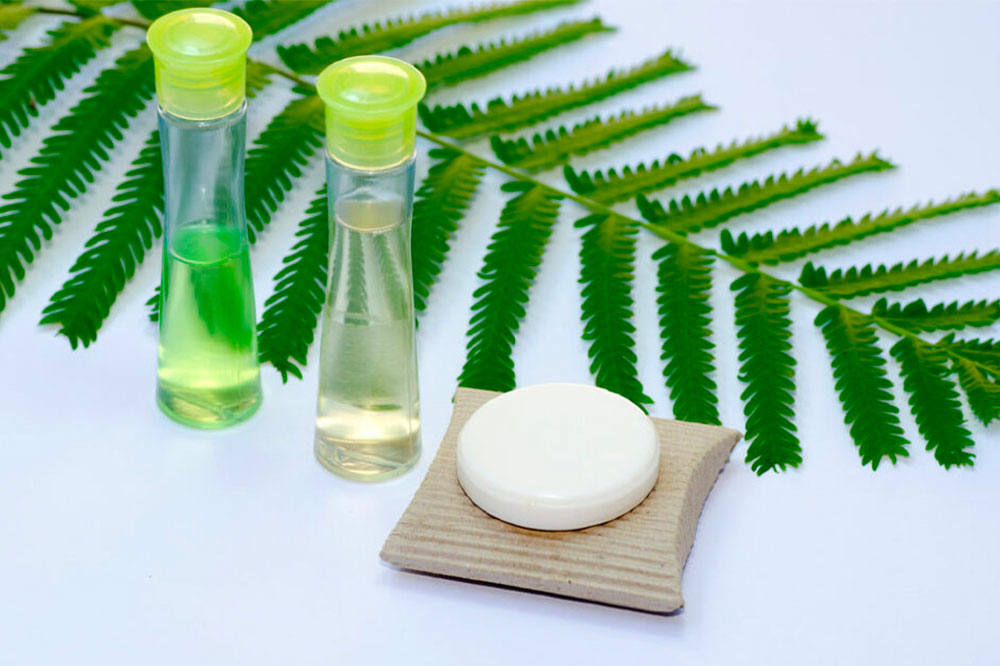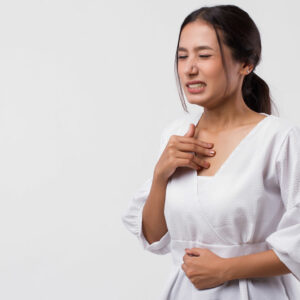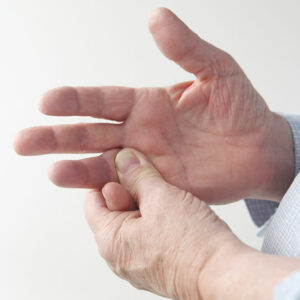3 kinds of soaps that can cause eczema flare-ups

Eczema, also known as atopic dermatitis, is a chronic health condition that leads to thick, scaly, red patches on the skin. It mainly affects the ankles, hands, or feet, and patients experience severe itchiness in these regions. Although eczema is more common in children, people of any age can get it. Doctors recommend several treatments and home remedies to manage the condition. Here are three kinds of soaps that can aggravate eczema:
Soaps with MCI or MI
MCI (methylchloroisothiazolinone) and MI (methylisothiazolinone) are chemicals found in many liquid soaps and personal care products to preserve them and prevent bacteria formation. While these may be safe for others, they can harm eczema patients. It has been found that MCI and MI can trigger this health condition’s symptoms and cause several allergic reactions. These chemicals can also lead to neurotoxicity or, more simply, damage the nervous system.
Soaps with cocamidopropyl betaine
This compound is derived from coconuts and is a common allergen. Studies have found that direct contact with this chemical can lead to skin issues in those with eczema, such as itchiness, rashes, and redness. Therefore, people dealing with eczema and other skin disorders should avoid products containing this. The compound is usually found in detergents, cosmetic products, and skin cleansers.
Antibacterial soaps
These kinds of soaps are generally recommended to people who are about to undergo an invasive procedure or surgery. The antibacterial properties help lower the risk of infection. However, those dealing with eczema are advised to avoid antibacterial soaps since they can be very harsh on the skin. They can remove useful bacteria from the skin, too, while removing the harmful bacteria. This can lead to a flare-up and also trigger other long-term skin problems.
Besides avoiding the soaps mentioned above, those dealing with eczema can consider these treatment options and remedies to manage the condition better:
Use moisturizers
Dry skin is a common sign of eczema in both adults and children. A recommended way to avoid dry skin is to apply moisturizers several times a day. Moisturization is one of the most effective eczema treatments for adolescents. Children should also wear clothes made of pure cotton since cotton is soft and good for sensitive skin.
Try creams and ointments to control itching
A few ointments and creams on the market help control the urge to itch. Most of them also help repair the skin. But to get the safest products, one should ask a doctor for a recommendation. Most ointments are suitable for children above two and can be applied after moisturizing.
Use products containing ceramide
It has been found that skin products like moisturizers and creams that contain ceramide can help restore some moisture to the skin. This helps soothe dry skin due to eczema and reduces the frequency of flares.
Use products free of perfumes
Items containing perfumes and dyes can be pretty harmful to sensitive skin. Therefore, it is best to avoid them and choose hypoallergenic items instead. Hypoallergenic products are crafted to meet the needs of sensitive skin.
Apply wet dressings
This is an effective treatment option for eczema, generally used for people with severe symptoms. It involves wrapping the infected area with wet bandages. This procedure is mainly carried out in hospitals since nurses’ expertise and assistance are needed to get it done correctly.
Go for light therapy
People who find no considerable improvement in their condition with topical treatments usually need to go for light therapy. Also known as phototherapy, the procedure exposes the skin to natural sunlight in controlled amounts.
Follow a healthy lifestyle
Besides treatments and home remedies, patients should follow a healthy lifestyle to manage the symptoms. This involves adding anti-inflammatory foods to the meal plan, such as salmon, walnuts, and whole grains. Avoiding stress is also essential to ensure the symptoms of eczema do not flare up frequently.
Talk to a counselor
Dealing with atopic dermatitis can be exhausting, both physically and mentally. Therefore talking with a counselor could be beneficial. Besides providing emotional support, they can recommend a routine to prevent the aggravation of this condition.
Eczema can occur in children from the early age of five and continue for a long time. For some people, the signs can surface periodically. A causal factor for eczema is gene variation which affects the ability of the skin to provide a shield against irritants, allergens, and certain environmental factors. So, people with a family history of this ailment have higher chances of getting it. While there is no cure yet for eczema or atopic dermatitis, the tips mentioned here can help reduce the severity and impact of the signs of this ailment to a large extent.



